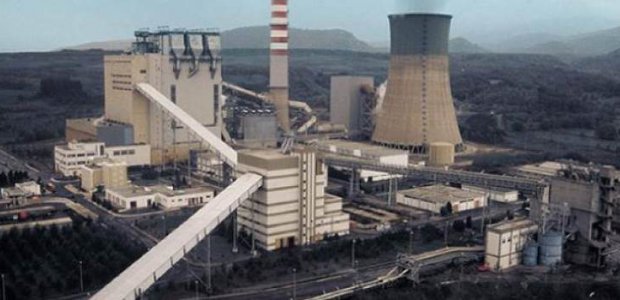Until now, the focus of main power utility PPC’s bailout-required sale package of lignite units and mines has been on the sale list’s content, recently finalized, but labor issues concerning employees at the units to be placed for sale will rise as a dominant matter over the next few months as the sale’s market test to measure the investor level of interest progresses.
At a meeting with union representatives yesterday, energy minister Giorgos Stathakis assured jobs would not be put on the line. But numerous questions prompted by overstaffing at some of PPC’s sale-list units remain unanswered.
PPC employs a total of 1,300 staff at its Megalopoli and Meliti units – 1,100 and 200, respectively. These numbers are widely believed to be excessive, especially in the case of Megalopoli, which will impact the market test.
Despite the minister’s assurances, it remains to be seen what the future holds for employees at the power utility’s Megalopoli facility, in the Peloponnese, and the Meliti unit, in northern Greece’s Florina area.
Questions linger as to whether excessive staff will be able to remain at state-controlled PPC, offered transfers to other company units, or even other public sector jobs, as was the case with OLP, the Piraeus Port Authority, when China’s Cosco acquired a majority 70 percent stake from the Greek State. It also remains to be seen how salary levels and labor rights at the PPC units to be sold will be impacted.
At this stage, the only certainty is that changes will occur as no investor would agree to acquire any overstaffed PPC unit.
Highlighting the overstaffing issue at PPC, sources informed that certain independent natural gas-fueled power stations operate with teams of between 30 and 40 employees, just a fraction of the 120 persons or so employed at PPC’s new gas-fueled power station Aliveri V.





